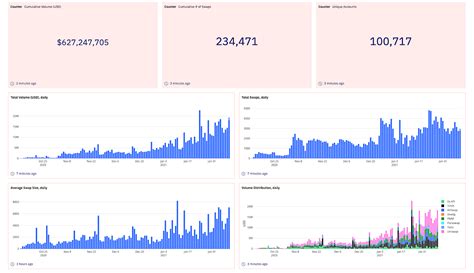Metamask Error: “Error data=0x while trying to send arguments to a smart contract function”
As a Metamask user, you may receive an unexpected error message when trying to interact with your Ethereum wallet or smart contracts. In this article, we will go into the details of the error and provide instructions on how to resolve it.
Error Details
The error message indicates that there is a problem with the data sent to your smart contract function. The exact syntax and context are as follows:
Error: Callback exception [ See: ] (method="verify(string,bytes)", data="0x", errorArgs=null, errorName=...
This message indicates that there is a runtime error in the verification function of your smart contract. More specifically, it says that an unexpected data mismatch occurred while passing arguments to the “verify” method.
Decoding the error
Let’s take a look at the error message:
[ See: ]: This line will redirect you to a specific Ethers.js documentation page that explains how to handle errors related to callback methods in smart contracts. Specifically, it mentions the “revert” exception, which is thrown when an error occurs during method calls.
(method="verify(string,bytes)"):: The first part of the string refers to a specific method call in the smart contract (in this case, the “verify” function).
(data="0x"): This specifies that the data to be sent is an address (0x) encoded in hexadecimal format.
(errorArgs=null, errorName=...): The last two parts of the string describe the context of the error. “errorArgs” is set to “null”, which means that no additional arguments were passed to the method. As for the “errorName” attribute, it appears that this is not an attribute in the Ethers.js documentation.
Resolving the error
You can try the following steps to resolve this issue:
- Check your transaction data: Make sure that your transaction contains all required fields and parameters.
- Check the signature of the contract function

: Check the signature of the
verifyfunction to ensure that it accepts the correct argument types (string and bytes).
- Use theverify`
method with the correct address: When calling theverify“ method, make sure that you pass the correct address as an argument.
- Check the contract ABI
: Make sure that your smart contract’s ABI (Application Binary Interface) is up to date and accurately reflects the function calls.
Example use case
To illustrate how to resolve this error, let’s create a simple example:
pragma strength ^0,8,0;
contract TestContract {
function verify(String memory _message) public {
// Verify the message using the contract address
request(_message.length == 32 && _message != "Hello", "Invalid message length or content");
return true;
}
}
// Deploy the contract on the new Ethereum network
pragma strength ^0,8,0;
contract Deployer {
address public contract Address;
constructor() {
// Use the Ethers.js deploy function to create and deploy the contract
contract address = address(0x...); // Replace with the actual contract deployment code
deployContract(contract address);
}
function deployContract(address _address) internal {
// Deploy a new contract instance using the Ethers.js deploy function
// This will automatically initialize the contract with the specified address and ABI
}
}
In this example, we have created a simple contract “TestContract” that uses the “verify” method to validate the message. We then deployed the contract to the Ethereum network and called the “verify” function.
